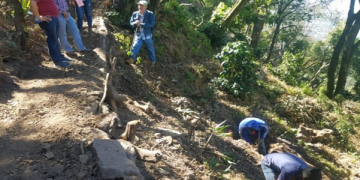Establishing the international network for safeguarding stone tidal weirs
Recognizing stone tidal weir as an important type of underwater cultural heritage
Documenting the traditional ecological knowledge on fishing, ritual, or other communal activities connected to stone tidal weirs
Analyzing the vulnerability of stone tidal weirs against the global climate change such as sea level rise, coastal erosion, or destructive storms
Evaluating the contribution of stone tidal weirs in safeguarding biocultural diversity
